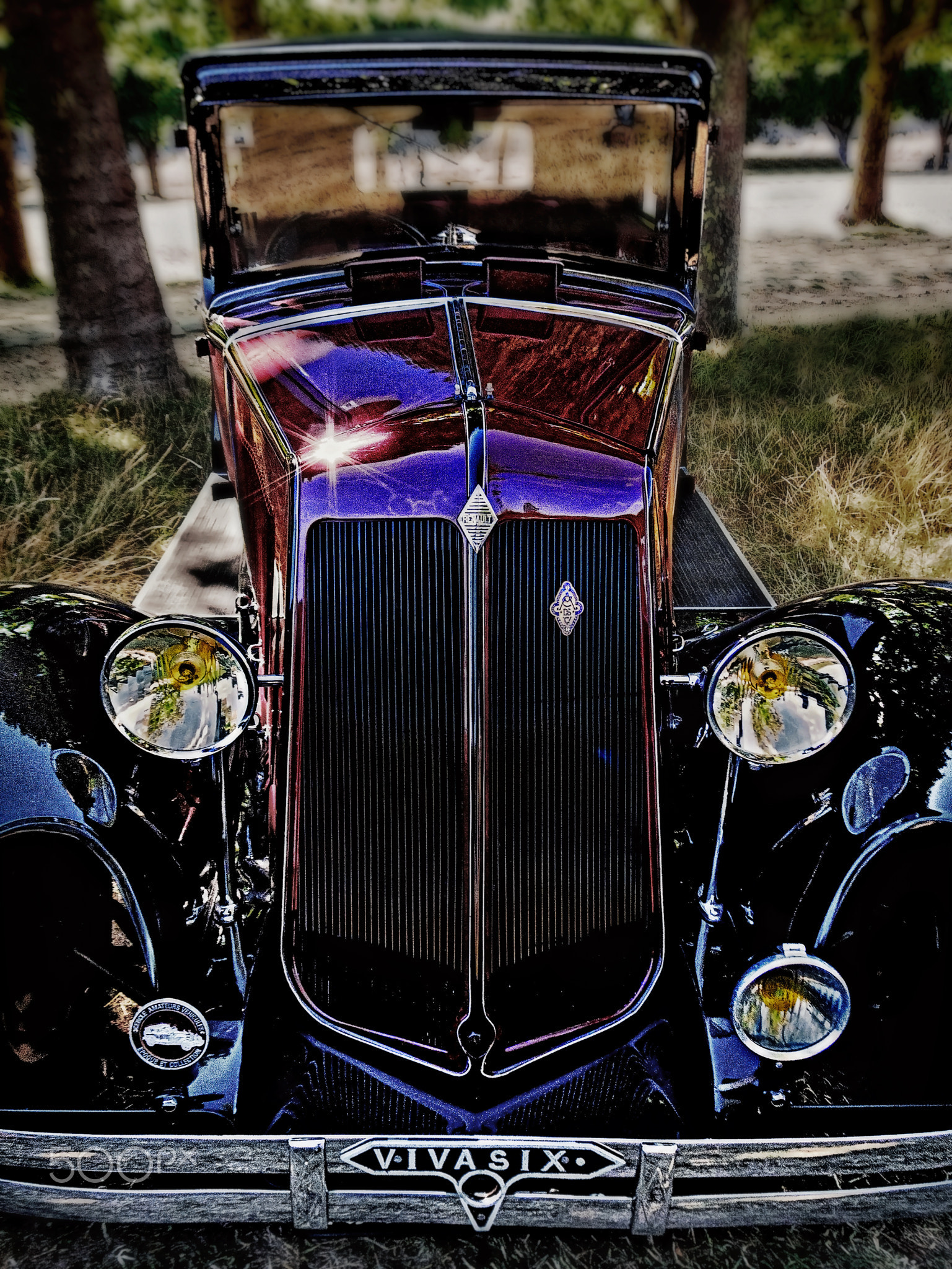
The first tram in Continental Europe opened in France in 1839 between Montbrison and Montrond, on the streets inside the towns, and on the roadside outside town. Barriers include aviation safety, airworthiness, operating costs, usability, airspace integration, aircraft noise and emissions, tackled first by small UAS certification then experience. First off, synthetic vision electronic flight instrument systems (EFIS) as Highway in the sky (HITS) makes it much easier to control aircraft. It is intended to provide flight convenience similar to the private car in terms of accessibility and ease of operation, while also offering the speed and routing efficiencies made possible by direct point-to-point flight. Car wash products have never been our favorites. For example, the 1991 Dodge Grand Caravan is listed below as ineligible because the 1991 Dodge Grand Caravan with a 4-cylinder engine has an EPA combined mileage of 19 and is not eligible; however, the V6 3.3 L and 3.8 L engines in these vehicles have EPA combined mileage of 18 and thus are eligible. Another major advantage is the elimination of a belt-driven engine accessory, and several high-pressure hydraulic hoses between the hydraulic pump, mounted on the engine, and the steering gear, mounted on the chassis.
In a properly broken-in brake system (with properly selected pads), this transfer is natural and is a major contributor to the braking force generated by the brake pads. It also allows the vehicle to engage braking assist, if there is a risk of a frontal collision and the driver suddenly applies the brakes. The vacuum booster or vacuum servo is used in most modern hydraulic brake systems which contain four wheels, the vacuum booster is attached between the master cylinder and the brake pedal and multiplies the braking force applied by the driver. A mechanism controlled by the driver provided resistance to further pressure on the accelerator pedal when the vehicle reached the desired speed. Conversely, the pedal must move three times as far as the master piston. During the 1990s the Subaru Legacy could also be opened by pulling the drivers external door handle a specific number of times to enter a passcode number that would unlock the driver's door only.
Power door locks were introduced on the luxury Scripps-Booth in 1914, but were not common on luxury cars until Packard reintroduced them in 1956. Nearly every car model today offers this feature as at least optional equipment. Power door locks (also known as electric door locks or central locking) allow the driver or front passenger to simultaneously lock or unlock all the doors of an automobile or truck, by pressing a button or flipping a switch. The guideway consisted of parallel steel I-beams providing the running surface, with a third steel channel running down the middle of the two providing the guide rail, emergency stopping surface, vehicle power and communications. The emergency lane keeping applies correction to a vehicle which drifts beyond a solid lane marking. After the Daimler Motoren Gesellschaft had built a four-wheel-driven vehicle called Dernburg-Wagen, also equipped with four-wheel steering, in 1907, that was used by German colonial civil servant, Bernhard Dernburg, in Namibia; Mercedes and BMW, in 1926, introduced some rather sophisticated four-wheel drives, the G1, the G4, and G4 following. In 1980, Ford Motor Company introduced an external keypad-type keyless entry system, wherein the driver entered a numeric combination -either pre-programmed at the factory or one programmed by the owner- to unlock the car without the key.
Comments
Post a Comment